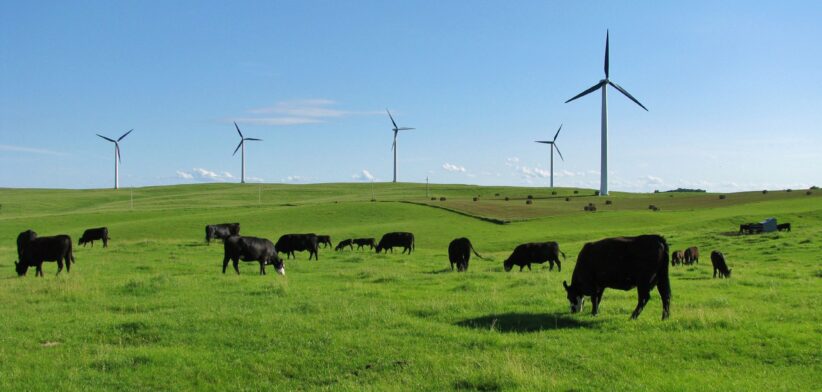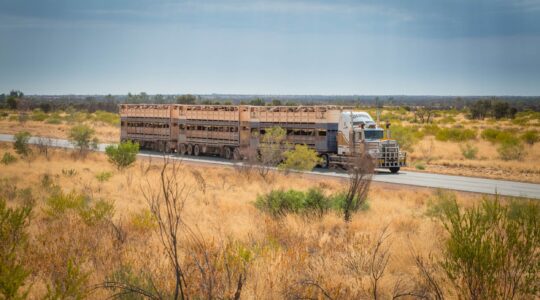The push to net zero has given rise to a new legal battleground, as renewable energy projects are increasingly subjected to litigation over the impacts on local communities.
A European-based study has found that justice concerns are increasingly surfacing in legal disputes over climate policies and projects.
University of Eastern Finland Professor Annalisa Savaresi said the phenomenon, described as “just transition litigation”, emphasised the need to balance climate action with social justice considerations, ensuring that vulnerable communities were not disproportionately impacted.
Professor Savaresi said the study, published in Nature Sustainability, argued that while the low-carbon transition was essential, it disproportionately impacted vulnerable groups, including Indigenous Peoples, workers and local residents.
She said the Sámi Indigenous People in Norway successfully challenged the construction of wind farms on their traditional herding pastures, illustrating the potential of just transition litigation to protect the rights of marginalised communities.
“Lawsuits like these exemplify the often overlooked and highly complex social dilemmas and policy conflicts that arise during the transition.”
Professor Savaresi said just transition litigation was little understood and underexplored.
She said in recent years much attention had been given to strategic litigation aimed at advancing decarbonisation, such as cases against companies or governments failing to reduce emissions.
“This study shifts the focus to lawsuits that challenge the fairness of climate policies and projects.
“Central to these legal disputes are issues such as the fair distribution of benefits and burdens from climate policies, the inclusiveness of decision-making processes and the respect for the rights, identities and cultures of marginalised communities.”
Professor Savaresi said this type of litigation drew upon various legal bases, including administrative, constitutional, energy, environmental, human rights, labour and planning law.
She said the paper introduced a new framework for understanding the justice claims of those affected by climate action.
“This framework can serve as a tool for systematic research on just transition litigation.
“Currently, a significant knowledge gap exists due to a lack of comprehensive, systematic data collection on these legal disputes.”
Professor Savaresi said there needed to be a dedicated dataset to track these cases and analyse their impacts on law, governance and society.
“Understanding these dynamics is crucial, as this type of litigation has the potential to slow climate mitigation efforts.
“This is all the more urgent at a time when governments are announcing plans to ‘cut the red tape’ and expedite the transition.”
Read the full study: Conceptualizing just transition litigation.








